The Cultural Significance Of Animal Crossing: New Horizons
Nov-08-2024
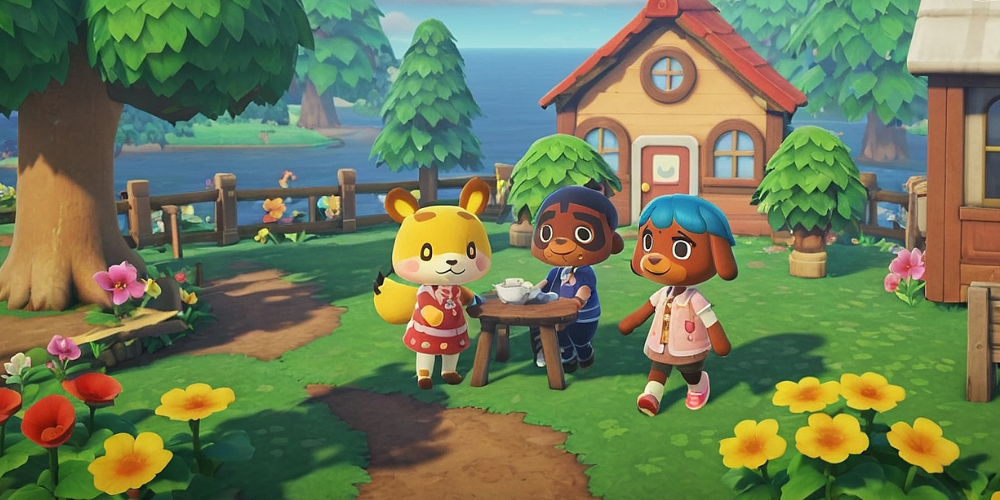
As I settled into my comfortable chair, the gentle strums of a ukulele filled my living room, seamlessly transporting me to my virtual island in Animal Crossing: New Horizons. Little did I know that this charming simulation game would grow to represent so much more than just a simple way to escape reality. The cultural significance of Animal Crossing has become increasingly apparent to me, especially during the unique circumstances of recent global events. Each aspect of this game reflects a profound connection to not only the digital community but our own values and relationships.
Creating a Personal Sanctuary
From the moment the game starts, I quickly learned that I could cultivate a beautiful and serene island, mirroring my own personal ideals and aesthetic. The freedom to design my surroundings became a creative outlet, allowing me to forget about daily stressors. This aspect of self-expression has resonated with so many of us; it represents a refuge in tumultuous times where we can curate our environments to reflect our inner selves.
The Joy of Simplicity
The gameplay of Animal Crossing revolves around simple yet rewarding tasks. Collecting fruit, catching bugs, and engaging in fishing were integral parts of my daily routine on the island. This simplicity highlighted the beauty of everyday life that I often overlooked. The game encourages us to derive pleasure from these mundane activities, emphasizing that joy can be found in small things—even something as basic as paying off a mortgage or planting flowers.
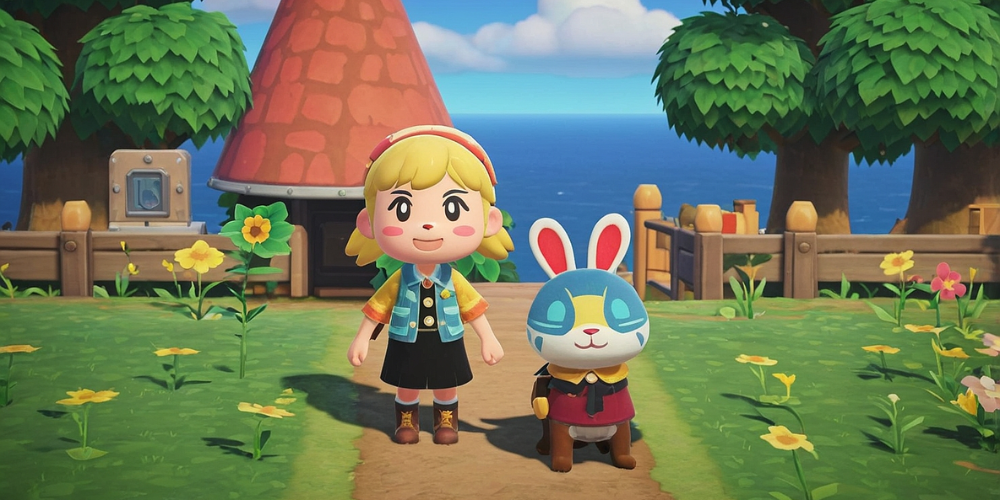
Rethinking Time and Seasons
One of the most striking features of Animal Crossing is its real-time clock and seasonal progression. As spring brings cherry blossoms and summer introduces vibrant beaches, I became acutely aware of the passing of time—something we often numb ourselves to in our busy lives. The cyclical nature of seasons reminded me of the importance of patience and enjoying the journey rather than rushing toward the end goal. Every day in the game feels meaningful, lending insight into how each moment has value.
The Digital Community
Even though I found myself in a solitary escape, the digital community surrounding Animal Crossing expanded my social interactions in unexpected ways. Friends and family members would share their islands with me, showcasing their designs and inviting me to interact with their unique spaces. This connection fostered a sense of belonging, highlighting the game's role in building relationships, despite physical distances that kept us apart.
Encouraging Empathy
As I interacted with a diverse cast of anthropomorphic characters, I began to appreciate the importance of empathy in our everyday interactions. Each animal had its own personality traits and emotional nuances. Through cultivating friendships with these characters, I felt a deeper connection not just to them but to what they represented in real life—a reminder of the significance of understanding and compassion toward others.
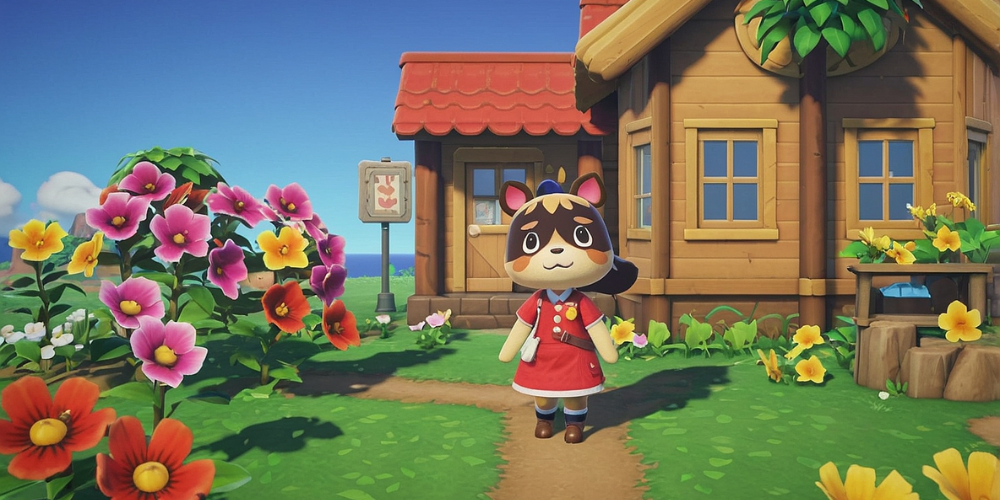
Creating a Sense of Purpose
The game introduces various challenges and tasks including paying off loans and helping villagers with their unique needs. This cultivation of responsibility taught me the value of setting goals and achieving them at my own pace. It was rewarding to see my hard work transform my island into a thriving community, emphasizing that purpose can stem from daily commitments and the effort we invest in our pursuits.
The Power of Creative Expression
Animal Crossing allowed me to unleash my creative potential in a way I had not previously explored. Decorating my island became akin to a canvas where I could express my individuality through furniture arrangements, landscaping, and themed areas. This aspect of the game resonated deeply with players, many of whom took to social media to showcase their creations, resulting in a vast pool of artistic inspiration. The game became a platform for creativity, showcasing diverse styles and ideas.
Connecting with Nature
The serene landscapes of Animal Crossing allowed me to reconnect with nature in a digital form, a comforting experience, especially during times when outdoor access became limited. The range of flora and fauna present on the island sparked curiosity about the natural world. Engaging in this interactive environment encouraged a sense of respect and admiration toward the real-world ecosystems we inhabit.
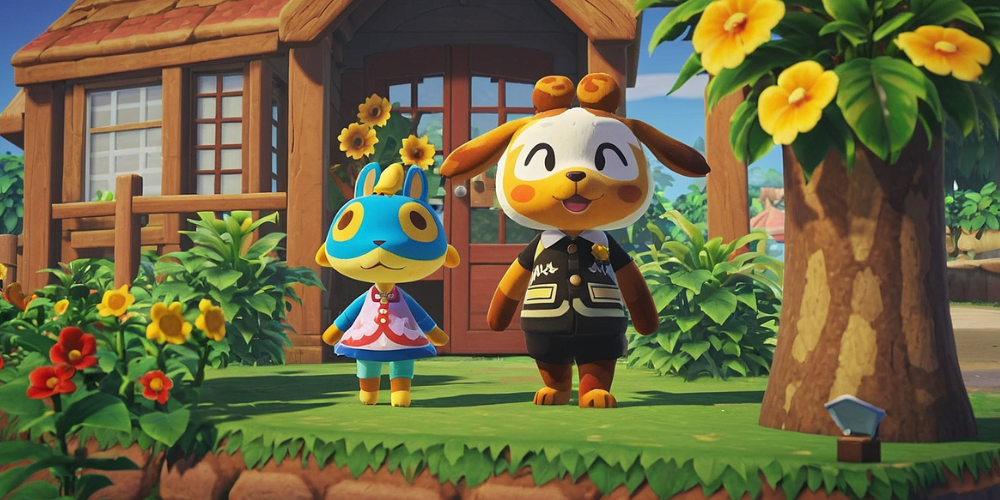
Escapism in Troubling Times
I vividly remember the early days of the pandemic when anxieties were running high. The calm and inviting nature of my island became a sanctuary. It provided a form of escapism; I could slip away into a world where I could control my surroundings amidst external chaos. The comfort and warmth of the game were especially soothing when reality felt overwhelming.
Building Long-lasting Traditions
Various in-game events, like Halloween and the summer music festival, introduced new activities that fostered a sense of tradition. I eagerly awaited these seasonal celebrations, as they offered a way to mark the passage of time within the game. Embracing these traditions instilled a feeling of continuity, a reminder that life contains moments worth celebrating and revisiting year after year.
Empowering Mindfulness
With all its delightful quirks, Animal Crossing also encouraged mindfulness through its slow-paced gameplay. I found that taking my time to engage with my surroundings, reflecting on each interaction with villagers and items, helped cultivate a meditative experience. This mindful approach became especially important in a high-paced world, leading to a deeper sense of tranquility and stress relief.
Global Themes and Representation
As I navigated the diverse characters and landscapes, it became clear how representation plays a crucial role in the game. Villagers of varying backgrounds and personalities reflect broader cultural themes that resonate within society. This incorporation of diversity has prompted conversations about inclusivity and understanding within our communities, making the game a vital platform for representation and acknowledgment of various cultures.
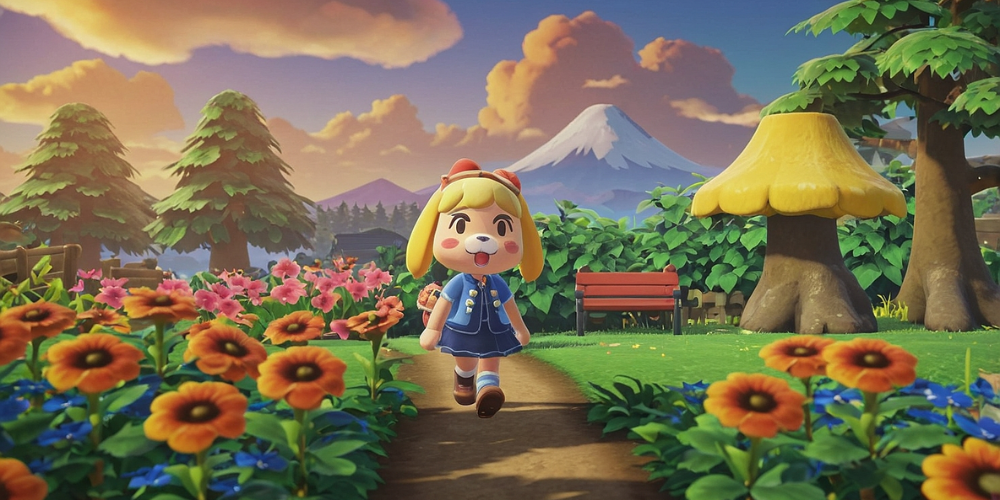
Learning from Mistakes
In the lower-stakes world of Animal Crossing, I often found myself making mistakes—whether adopting the wrong island design, miscalculating resources, or mismanaging relationships with villagers. Each mistake became a lesson, emphasizing the importance of learning through experience. The low-pressure environment allowed me to embrace failure as part of growth, an invaluable perspective I carried into my life outside the game.
Fostering Gratitude
Every time I logged in to see my island thriving, a wave of gratitude swept over me for the simple joys, both in the game and in real life. Animal Crossing has encouraged me to reflect on what I cherish, influencing a greater appreciation for my surroundings and relationships in the real world. Emphasizing gratitude became integral to the experience, soothing the downturns that sometimes cloud my perspective.
The Legacy of Animal Crossing
As I look back on my time with Animal Crossing: New Horizons, its cultural significance is undeniably present in the way it has transformed not just gaming but social interactions, creativity, and mental health discussions. It has acted as a conduit for connecting people, fostering understanding, and redefining how we find joy. The lessons learned, experiences shared, and sense of belonging created by this charming game will undoubtedly leave a lasting legacy within the hearts of many who have traveled this immersive journey alongside me.







